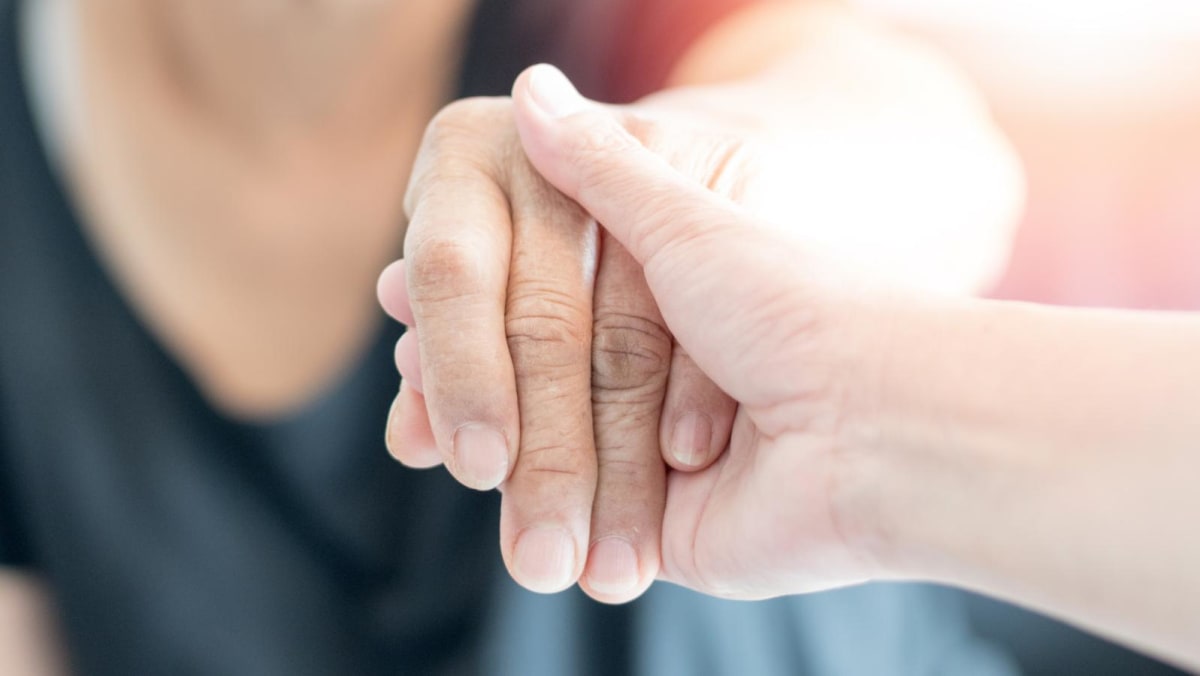What might further differentiate anticipatory grief from after-death emotions, said Tang, is oscillating between feelings of hopelessness and hopefulness. “Caregivers may feel confused as to why they are experiencing grief when their loved one is still very much alive and with them. All these could lead to them feeling an increased sense of emotional instability.”
Unlike post-death grief, anticipatory grief can also “lead to feelings of isolation since it’s often less recognised or understood by others”, said Lim Pei Wen, a social work-trained senior programme executive with Allkin Singapore’s Senior Service.
It is a situation experienced by many in Singapore. “Our ageing population means that many people are caring for elderly parents or family members, leading to prolonged feelings of anticipatory grief, particularly as they confront the reality of their loved one’s declining health,” said Dr Lim.
ARE THERE STAGES IN ANTICIPATORY GRIEF FOR CAREGIVERS?
If you’re thinking of the stages of grief identified by famed psychologist William Worden in Tasks Of Mourning, anticipatory grief doesn’t always follow like so: Denial, anger, bargaining, depression and acceptance.
Instead, the emotions “tend to fluctuate and overlap, making it more complex than grief following a loss”, according to Dr Lim. “In Singapore’s context, caregivers often struggle with feelings of duty and guilt, while balancing caring for a loved one and personal responsibilities,” he said.














